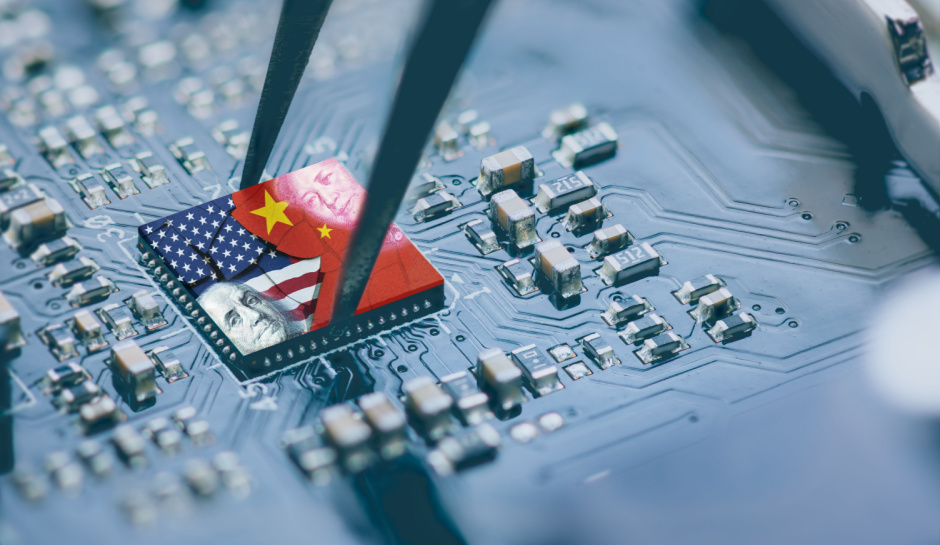Kamala Harris wants US to “win the race on AI and quantum computing" — but Trump isn't so sure
Presidential candidates go head to head on chips and China

In last night's Presidential debate, Vice President Kamala Harris said she wants to “win the race on AI and quantum computing.”
Expanding on her point, Harris stated her policy on China is to ensure the US “wins the competition for the 21st century” by investing in “American-based technology.” She then turned her attention to former President Donald Trump, saying under his presidency, American chips were sold to China and used to modernize its military.
In his rebuttal, Trump claimed China “bought their chips from Taiwan,” and that, “We hardly make chips anymore because of philosophies like they have.”
Chip change or a chip off the old block?
Under his Presidency, one of Trump’s key policies was to increase US exports to China to the tune of $200 billion over 2020 and 2021. While this goal was not met, one of the key exports that actually contributed somewhat towards it was the sale of semiconductors and their manufacturing equipment, which amounted to almost 25% of China’s total goods import under Trump’s import agreement.
Trump also placed Huawei on a national security list, introduced sanctions to restrict the sale of the US semiconductors that could potentially be used in Huawei 5G base stations, and banned the purchase of Huawei equipment for use in network infrastructure alongside the UK and Australia. However, the restrictions did not prevent Huawei from purchasing semiconductors from companies headquartered outside of the US, such as Samsung - headquartered in South Korea - and the Taiwan Semiconductor Manufacturing Company (TSMC).
Following the election of President Joe Biden, the CHIPS and Science Act was signed in August 2022 - a piece of legislation built from two bipartisan bills aimed at both boosting domestic tech research and semiconductor manufacturing on US soil. The CHIPS and Science act has so far set aside $280 billion in funding comprised of subsidies, investment tax credits, and other incentives that has resulted in a number of semiconductor manufacturers breaking ground on manufacturing and research plants in the US, with TSMC building a new factory in Arizona, and Intel investing in new sites in Arizona, New Mexico, Ohio and Oregon.
Harsher sanctions were also introduced in October 2022, restricting US companies from exporting advanced semiconductors to China, along with further restrictions coming into effect to close export loopholes in 2023. The unfortunate downside of restricting exports to the second biggest economy in the world is that some US companies have lost a market that accounted for a significant portion of their revenue, and China has introduced export restrictions of its own to hamper US efforts to produce semiconductors domestically.
Are you a pro? Subscribe to our newsletter
Sign up to the TechRadar Pro newsletter to get all the top news, opinion, features and guidance your business needs to succeed!
While the CHIPS and Science Act and harsh export restrictions were signed into law by Biden, it provides a good foundation for the outlook on Harris’ potential policy for China and how America “wins the competition for the 21st century.”
More from TechRadar Pro
- 'China Week' kicks off with US restrictions on Chinese biotech
- These are the best VPNs with antivirus
- Take a look at some of the best parental control apps around

Benedict has been writing about security issues for over 7 years, first focusing on geopolitics and international relations while at the University of Buckingham. During this time he studied BA Politics with Journalism, for which he received a second-class honours (upper division), then continuing his studies at a postgraduate level, achieving a distinction in MA Security, Intelligence and Diplomacy. Upon joining TechRadar Pro as a Staff Writer, Benedict transitioned his focus towards cybersecurity, exploring state-sponsored threat actors, malware, social engineering, and national security. Benedict is also an expert on B2B security products, including firewalls, antivirus, endpoint security, and password management.